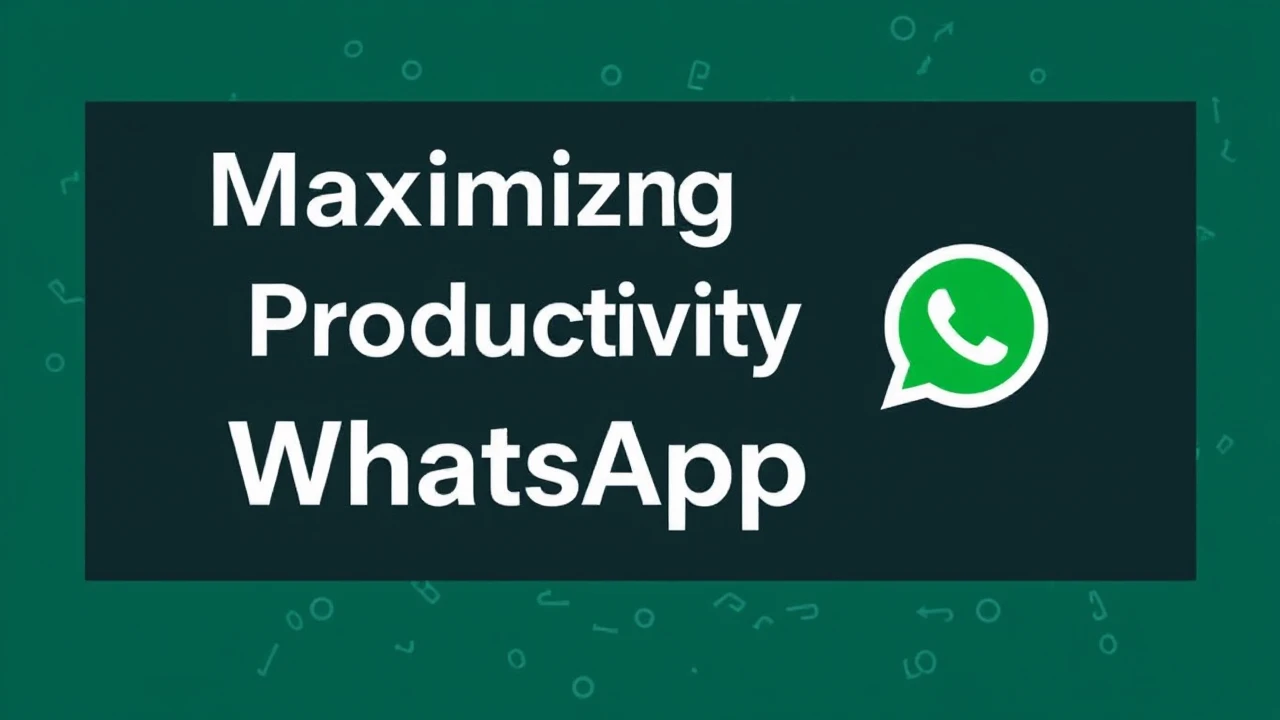Today's Top Highlights
Discover our latest stories and insights from around the world
 News
News
 News
News
The North Star State Citizens Go to the Polls to Fill Seat of Killed State Representative
 By Lauren Wells
•
16 Sep 2025
By Lauren Wells
•
16 Sep 2025
 News
News
Cinema Icon Robert Redford Passes Away at Age 89
 By Lauren Wells
•
16 Sep 2025
By Lauren Wells
•
16 Sep 2025
 News
News
The United Kingdom Faces 'Fight of Our Times' Following Radical Protest, Declares Keir Starmer
 By Lauren Wells
•
16 Sep 2025
By Lauren Wells
•
16 Sep 2025
 News
News
Spain Becomes First Of The Contest’s Major Five to Announce Withdrawal Should The Israeli State Take Part
 By Lauren Wells
•
16 Sep 2025
By Lauren Wells
•
16 Sep 2025
 News
News
The NFL legend ignites online backlash after showing up in Vegas team booth
 By Lauren Wells
•
16 Sep 2025
By Lauren Wells
•
16 Sep 2025
 News
News
Remembering the Hollywood Legend: Offer Your Tributes
 By Lauren Wells
•
16 Sep 2025
By Lauren Wells
•
16 Sep 2025
 News
News
Three Defendants Indicted Over Pro-Palestine Group Placards Plead Not Guilty
 By Lauren Wells
•
16 Sep 2025
By Lauren Wells
•
16 Sep 2025
 News
News
Faith Kipyegon claims unprecedented fourth world 1500m title
 By Lauren Wells
•
16 Sep 2025
By Lauren Wells
•
16 Sep 2025
 News
News
The Coachella Festival 2026 Announced: Sabrina Carpenter, Justin Bieber, Karol G Set as Main Acts
 By Lauren Wells
•
16 Sep 2025
By Lauren Wells
•
16 Sep 2025
 News
News
Lesotho Residents Complain of Damage from Hydropower Project Backed by AfDB
 By Lauren Wells
•
16 Sep 2025
By Lauren Wells
•
16 Sep 2025
 News
News
Wanted: Scrumptious Pastries to Utilize a Abundance of Homemade Jam
 By Lauren Wells
•
16 Sep 2025
By Lauren Wells
•
16 Sep 2025
Recent Posts
September 2025 Blog Roll
August 2025 Blog Roll
July 2025 Blog Roll
June 2025 Blog Roll
Sponsored News
News
To All RPG Designers: Kindly Allow Me Return Into The Character Creator
 Lauren Wells
Lauren Wells
16 Sep 2025

News
The Iconic Star: The Incandescently Handsome Actor Who Changed Hollywood Irreversibly
 Lauren Wells
Lauren Wells
16 Sep 2025

News
Serie C Team FC Crotone Put In Judicial Management Following Mafia Links
 Lauren Wells
Lauren Wells
16 Sep 2025







